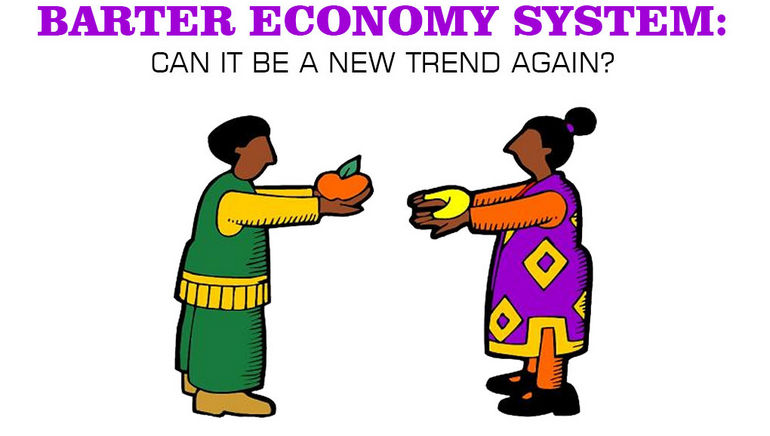The barter economic system
 Barry Copeland
11 / September / 23
Visitors: 157
Barry Copeland
11 / September / 23
Visitors: 157
The economic barter system is a form of exchange of goods and services without the use of money. It originated in antiquity and continues to exist in some countries today. The history of barter goes back to the distant past, when people exchanged goods and services within their communities.
The economic barter system has its advantages and disadvantages. On the one hand, it can help reduce dependence on money and build trust between the participants in the exchange. Barter avoids the problems associated with inflation, devaluation and exchange rate instability. In addition, barter transactions can be more flexible and tailored to the specific needs and interests of the parties.
On the other hand, barter can lead to inefficiencies and lack of flexibility in trade. It may not always provide an optimal exchange rate and may lead to unequal allocation of resources. In addition, barter cannot completely replace money as it cannot be used for large transactions and investments.
Currently, the economic barter system continues to exist in some regions of the world such as Africa, Asia and Latin America. However, barter is illegal in most developed countries.
Nevertheless, barter is still used in some industries such as agriculture, handicrafts and tourism. In these industries, bartering helps to maintain traditional values and culture, and helps to develop local markets and economies.
Thus, the economic barter system is an important element of trade and the economy as a whole. It has its advantages and disadvantages, and its use must be balanced and tailored to specific conditions and needs.

